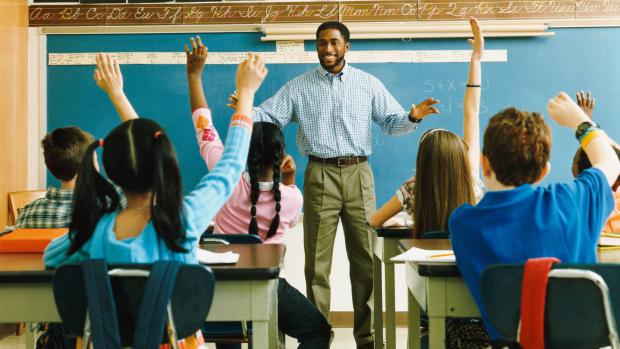
Breaking News
 Report -- Chairman of the Joint Chiefs of Staff Warns Trump of Deep and Serious Risks If U.S. ...
Report -- Chairman of the Joint Chiefs of Staff Warns Trump of Deep and Serious Risks If U.S. ...
 Another Drug Lord Killed. Is the Drug War Now Over?
Another Drug Lord Killed. Is the Drug War Now Over?
 EXCLUSIVE: Tens Of Thousands Of Americans Are Trapped In Puerto Vallarta & Other Mexican Cities...
EXCLUSIVE: Tens Of Thousands Of Americans Are Trapped In Puerto Vallarta & Other Mexican Cities...
 FBI Wins Court Ruling To Keep Twitter Payments Secret
FBI Wins Court Ruling To Keep Twitter Payments Secret
Top Tech News
 New Spray-on Powder Instantly Seals Life-Threatening Wounds in Battle or During Disasters
New Spray-on Powder Instantly Seals Life-Threatening Wounds in Battle or During Disasters
 AI-enhanced stethoscope excels at listening to our hearts
AI-enhanced stethoscope excels at listening to our hearts
 Flame-treated sunscreen keeps the zinc but cuts the smeary white look
Flame-treated sunscreen keeps the zinc but cuts the smeary white look
 Display hub adds three more screens powered through single USB port
Display hub adds three more screens powered through single USB port
 We Finally Know How Fast The Tesla Semi Will Charge: Very, Very Fast
We Finally Know How Fast The Tesla Semi Will Charge: Very, Very Fast
 Drone-launching underwater drone hitches a ride on ship and sub hulls
Drone-launching underwater drone hitches a ride on ship and sub hulls
 Humanoid Robots Get "Brains" As Dual-Use Fears Mount
Humanoid Robots Get "Brains" As Dual-Use Fears Mount
 SpaceX Authorized to Increase High Speed Internet Download Speeds 5X Through 2026
SpaceX Authorized to Increase High Speed Internet Download Speeds 5X Through 2026
 Space AI is the Key to the Technological Singularity
Space AI is the Key to the Technological Singularity
 Velocitor X-1 eVTOL could be beating the traffic in just a year
Velocitor X-1 eVTOL could be beating the traffic in just a year
Burned Out Teachers Are Launching Their Own Schools Instead of Abandoning Their Passion...

Microschools can help both teachers and students get re-energized about learning.
Teachers across the country are feeling burned out and depleted, particularly as school coronavirus policies and staffing shortages make their jobs more difficult. According to a survey by the RAND Corporation, almost one-quarter of teachers planned to leave the profession in 2021, and teachers experienced higher rates of work-related stress and depression than other adults.
A recent letter from teachers and staff at a small Vermont public elementary school to their superintendent and school board members echoes the feelings of many public school personnel. "Everybody is stepping up to try to do what is asked of them; everybody is feeling inadequate, exhausted, and defeated much of the time," wrote educators at the Ottauquechee School in Hartford. "Colleagues are questioning whether changing professions is in their best interest."
Rather than abandoning their passion for teaching, some educators are discovering that they can do what they love and avoid the bureaucracy and stress of a conventional classroom by starting their own microschools.
Microschools are modern twists on the quaint, one-room schoolhouse model, where small, multi-age groups of students learn together in more intimate educational settings, such as private homes, with individualized attention from adult educators and facilitators. Interest in microschools accelerated over the past year, as school shutdowns led parents to consider home-based "pandemic pods" to help their children learn in small, safe groups. Some teachers were recruited to lead pods, while others set out to create their own learning communities and microschool models. These entrepreneurial educators are finding that they have many resources available to them to launch their own innovative schools.



